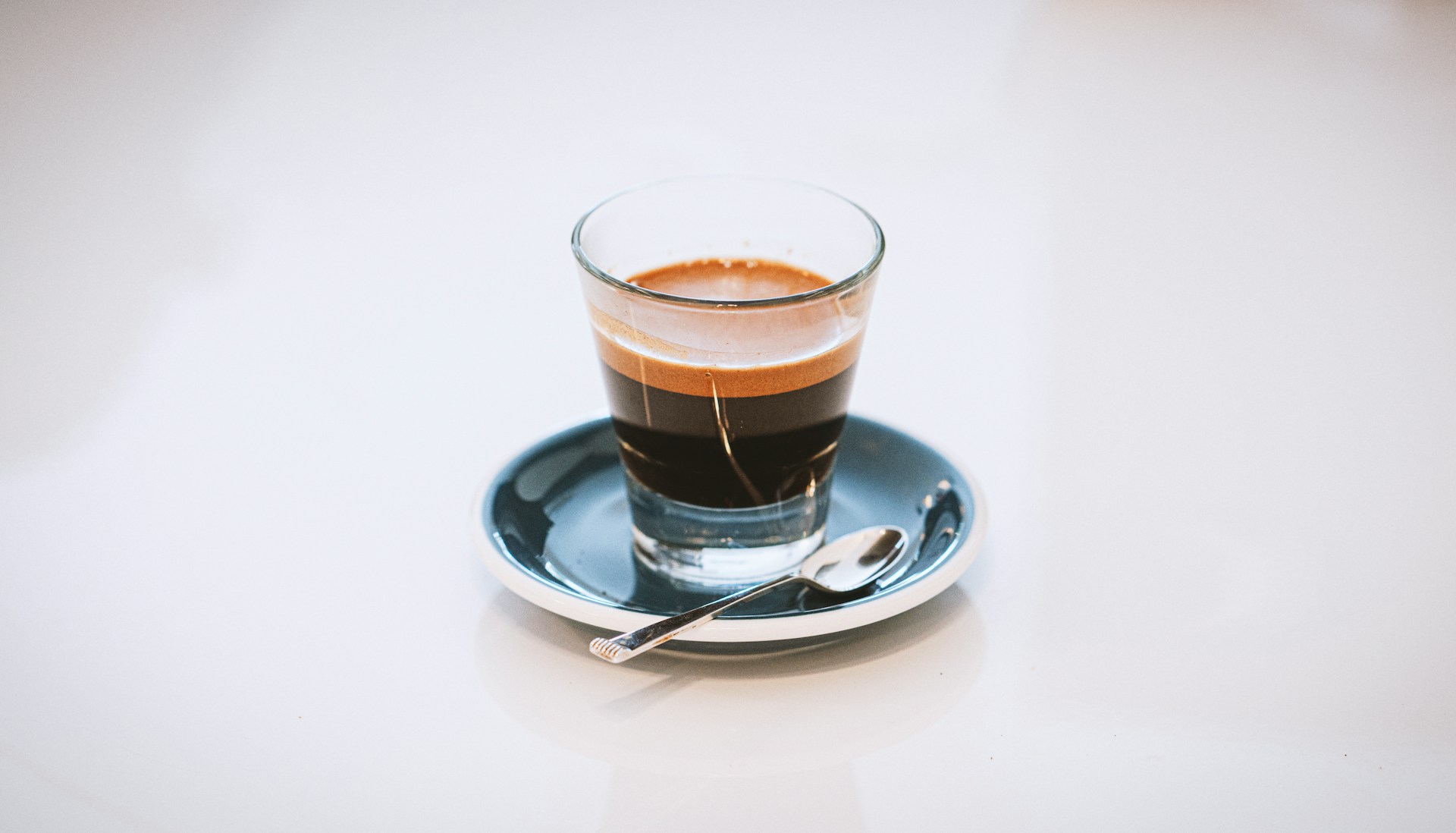You’ve just entered a coffee lover’s paradise, where we’ll help you navigate through the intriguing complexities of your favorite brews. Today, we’re diving into one popular question that has been percolating among coffee enthusiasts: does your cold brew pack more caffeine than your espresso? If you’ve ever wondered about the caffeine content when choosing between these two beloved versions of coffee, you’re in the right place.
We’ll unravel the mysteries, debunk the myths, and arm you with information to make your coffee selection with confidence.
“Knowing the caffeine content of your favorite coffee drink is not only critical for flavor and richness, but also for managing your daily caffeine intake.”
Table of Contents
Let’s get started on this caffeinated quest. But first, let’s take a deep dive into what espresso is and its role in the caffeine chronicles.
What is Expresso?
You might be wondering, what exactly is espresso? This popular style of coffee originated in Italy and is known for its strong and bold flavors. Espresso is made by forcing a small amount of nearly boiling water under pressure through finely-ground coffee beans. This process results in a concentrated coffee drink that is served in “shots”.
While the strong taste might make it seem like espresso would be very high in caffeine, espresso servings are generally much smaller than standard servings of coffee, meaning you’re consuming less caffeine overall.
Generally, an espresso shot contains around 63mg of caffeine.
Interestingly, the method of making espresso allows it to retain more of the coffee’s flavor, resulting in a strong, flavorful sip that coffee enthusiasts rave about.
However, it’s precisely this concentrated flavor—and the often smaller serving size—that can often prompt questions about the caffeine content.

Caffeine in Cold Brew and Expresso?
You might be posing the question, ‘Does Cold Brew have more caffeine than Espresso?’. To answer this accurately, let’s break things down and explore a bit more.
Caffeine in Espresso: Typically, a single shot of espresso, which is about one fluid ounce, has approximately 63 milligrams of caffeine. This can vary based on factors such as the type of coffee bean and the exact brewing process.
Caffeine in Cold Brew: On the other hand, Cold Brew coffee is renowned for boasting a substantial caffeine content. A 16-ounce serving of cold brew delivers about 200 milligrams of caffeine. This is due, in part, to its concentrated nature and the extended brewing process.
| Coffee Type | Serving Size | Caffeine Content |
|---|---|---|
| Espresso | 1 ounce | 63 milligrams |
| Cold Brew | 16 ounces | 200 milligrams |
As the numbers suggest, a serving of Cold Brew tends to have more caffeine than an equivalent serving of Espresso.
But if we talk about per ounce then expresso will have more caffeine.
However, one must bear in mind that the average serving size of espresso is significantly smaller. If you were to match these volumes up, Espresso can have more caffeine per ounce.
The Brewing Process: Factors such as brewing time also play a crucial role in determining caffeine content. For example, Cold Brew involves steeping coffee grounds in cold water for a prolonged period (usually around 12 to 24 hours). This allows for a slow, gentle extraction process, resulting in a drink that’s rich in caffeine.
In comparison, making espresso involves passing hot water through tightly-packed coffee grounds at high pressure, a process that tends to extract more caffeine faster, although over a shorter time frame.
In conclusion, while a serving of cold brew generally contains more caffeine than a shot of espresso due to volume and brewing methodology, you might find that espresso has a higher caffeine concentration per ounce.
Conclusion
The caffeine content in your cold brew or espresso can depend on a multitude of factors such as the type of beans, their roast level, the brewing time, and the ratio of coffee to water.
In general, cold brew typically has a higher concentration of caffeine. However, given the smaller serving size of an espresso, you’re likely to consume less caffeine in one shot of espresso compared to a full cup of cold brew.
On the flip side, that dense shot of espresso concentrated into a small volume can seem to pack a heavier punch, purely because you’re consuming a higher concentration in a shorter period. This might give the impression of a more potent caffeine hit, even if the total amount of caffeine consumed is less.
What’s important to remember is that everybody’s caffeine sensitivity can vastly vary. Regardless of the numbers, each individual may react differently to an equivalent amount of caffeine. It’s always advisable to pay attention to your body’s response and adjust your intake accordingly. Whichever option you select, moderation is key. Consider your daily caffeine intake and strike an ideal balance between the enjoyment of your favorite coffee brew and your health.
Keep brewing and enjoy your caffeinated journey!


Leave a Reply